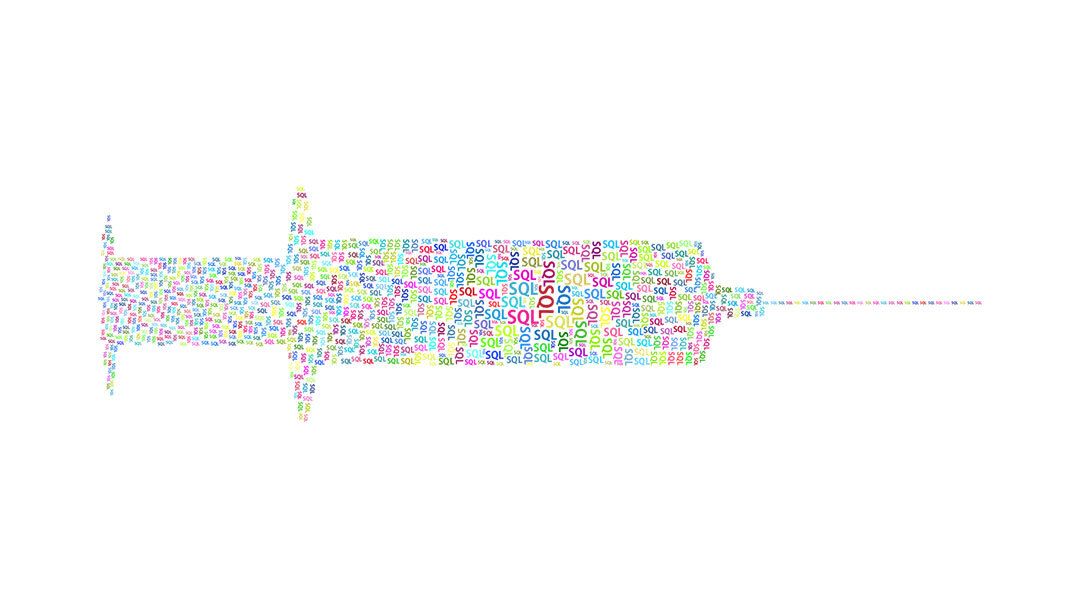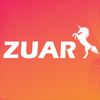What’s the Difference Between SQL & NoSQL

How do you know if a SQL or NoSQL database is the right choice for your business? First, let’s touch on what these two databases actually are.
- SQL databases are relational. The data typically represents real-world objects, like a customer and their order details.
- NoSQL databases are non-relational. NoSQL is fast and holds a limitless amount of unstructured data types.
Let’s get to it and figure out which database will best suit your needs!
What is SQL?
SQL databases support the SQL language, which excels in manipulating relational data. Why are relational databases so important? They allow for data abstraction to protect data integrity and run queries quickly and efficiently.
Other programming languages can implement relational data, but SQL is by far the most common. SQL databases have basically been the industry standard since the ‘70s.
NewSQL vs. Distributed SQL
To solve some of the issues defining NoSQL (we’ll discuss that further later on), some developers began creating other relational systems that made some trade-offs to increase horizontal scalability in SQL databases.
- NewSQL systems usually take existing relational databases and distribute additional logic that provides users with a varying degree of transparency.
- Distributed SQL databases focus on creating horizontally-scalable databases from the ground up.
Many organizations choose NoSQL and NewSQL systems because building full-fledged SQL databases is quite expensive. This is why many commercially distributed SQL databases mature very well.
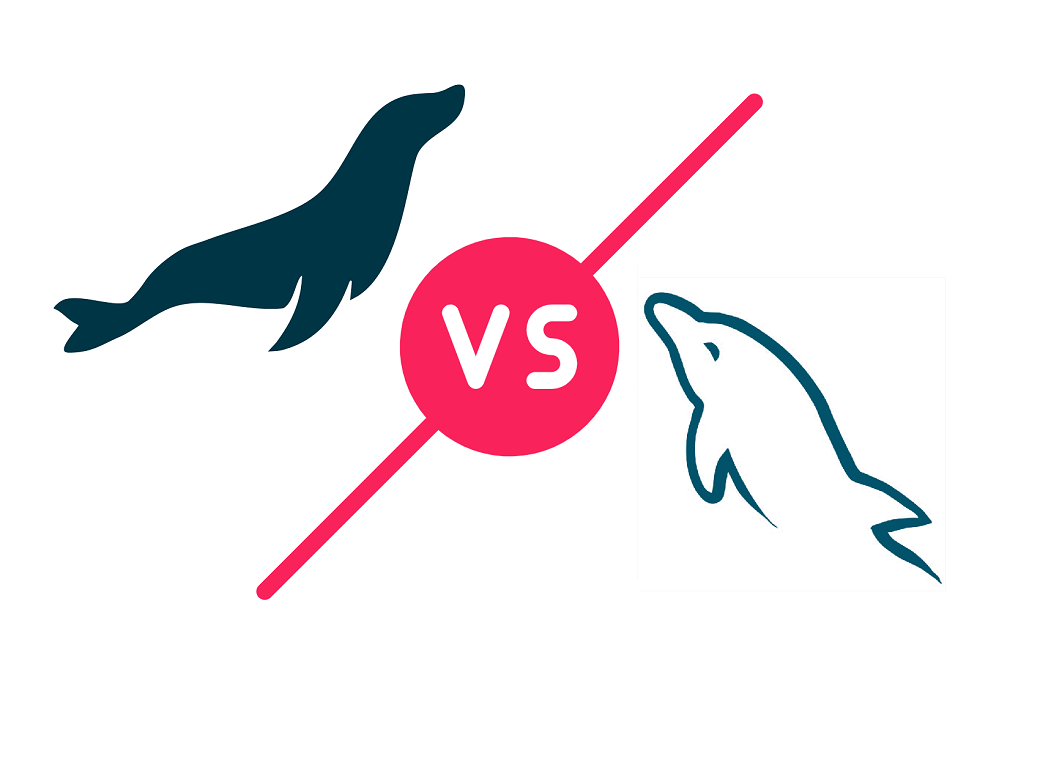
Pros and Cons of SQL Databases
Let’s take a quick look into the advantages and disadvantages that come with SQL databases:
Pros
- SQL databases typically use resources more efficiently, leading to better performance because of their smaller data storage footprint.
- Data integrity is secure through ACID -- Atomicity, Consistency, Isolation, Durability.
- SQL gives users standardized access to their data.
- SQL is typically more flexible in its query support and can handle large workloads with ease.
Cons
- SQL data models need careful design to ensure they perform as expected; changing a SQL schema usually results in downtime.
- Scaling horizontally is difficult with SQL -- it’s typically only supported ad-hoc or with less-than-ideal technologies.
- There is no infinite scalability. Points of failure must be taken care of through replication and failover techniques.
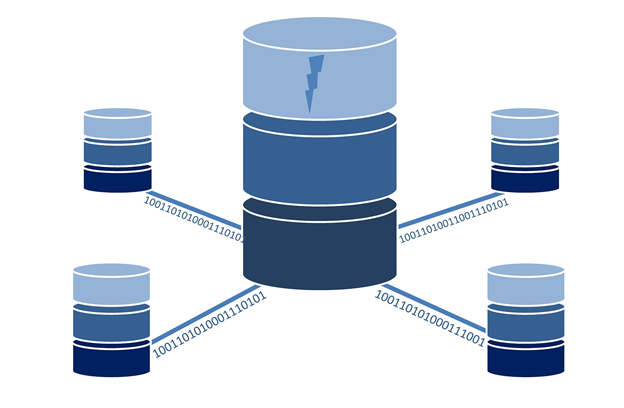
What is NoSQL?
The definition of a NoSQL database isn’t rigidly defined. Originally, NoSQL meant that a database couldn’t support SQL. But many were then left wondering what it actually supported! NoSQL later evolved into meaning “Not only SQL.”
It was the mid-2000s when NoSQL started gaining a following, supported by research from companies analyzing things like Google and Amazon’s non-relational systems, BigTable and Dynamo, respectively. More developers starting working on NoSQL databases to solve two big problems:
- SQL database’s lack of scalability
- Unadaptable table designs in relational systems
These two problems aren’t directly from using SQL-- they stem from the constraints of most relational databases. Whether or not NoSQL databases can benefit your needs depends on how dependent you are on relational data. If you still don’t understand exactly what NoSQL is, don’t worry. We’ll cover the essential aspects of it in the rest of this article -- keep reading!
Pros and Cons of NoSQL Databases
Since NoSQL is more difficult to define than SQL databases, the range of pros and cons are massive and may not apply to every database. That being said, here are some advantages and disadvantages of NoSQL to keep in mind:
Pros
- NoSQL databases are widely available and highly scalable. Most of these databases get designed to scale seamlessly without any points of failure.
- They have flexible data models. The non-relational databases do not need developers to commit to specific data models, and they can easily alter existing schemas.
- NoSQL databases can be optimized for extremely high performance because developers can limit the range of the database’s reach.
- NoSQL databases have high-level data abstractions; this means that the systems can provide APIs for efficient data structures.
Cons
- ACID support for NoSQL is iffy at best. While many developers claim that there is ACID support, the definition of ACID is much too broad to give too much credit to the claims -- how can there be “Isolation” without transactions?
- NoSQL databases come with distributed systems problems, posing a problem for developers who are programming against NoSQL. A deep understanding of things like the CAP Theorem and how the database interprets it is almost necessary for developers.
- There isn’t much flexibility in access patterns. Without the relational abstraction from SQL systems, there isn’t room for engine optimization, and the on-disk data can leak into queries.
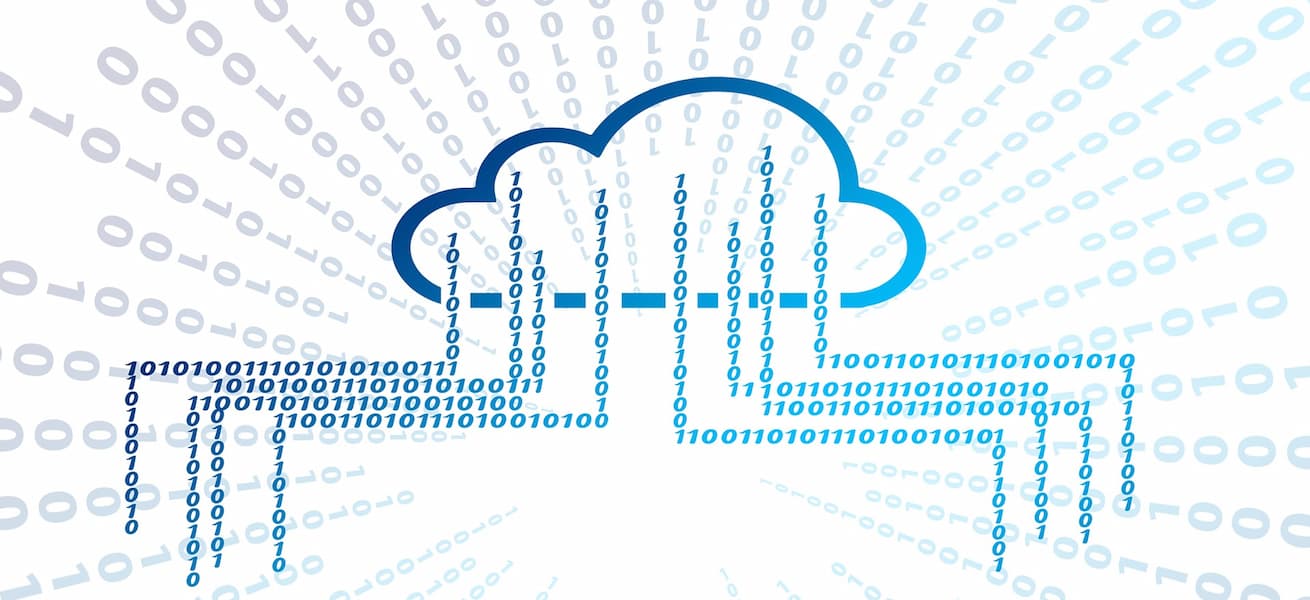
When You Should Use SQL
Are you working with relational data? Then SQL would typically be your first choice, but that doesn’t hold true for every situation. SQL databases are great if:
- You need ACID compliancy; this protects your database’s integrity by defining in detail the way that transactions interact with your database, unlike NoSQL databases, which are designed with flexibility and speed in mind, rather than a 100% guarantee of data integrity.
- Your data is unchanging. If you’re not experiencing rapid growth of your business, you may not need a NoSQL database, which supports a larger variety of data types and traffic.
When You Should Use NoSQL
Does your business have specific needs or flexible data models that don’t quite fit into a relational database? If you need fast access and can give up the guarantee of strong data integrity or have a large amount of unstructured data, that’s where NoSQL databases shine. NoSQL can help prevent bottlenecking by allowing you to:
- Store large volumes of unstructured data. There is no limit to data types in a NoSQL database, and you can add new ones as your needs change.
- Utilize cloud computing. NoSQL databases are designed for testing on-site and using the cloud for production. Data is easily spread across various servers for scaling.
- Develop rapidly. When it comes to agile development, SQL databases are probably slowing you down. NoSQL databases don’t need the same prep time as relational ones.
Next Steps
- Learn about Zuar's data migration product Runner.
- Does your data strategy need an upgrade? Here’s the first step:
schedule a data strategy assessment with Zuar!
